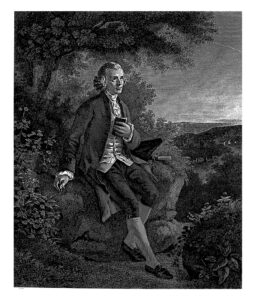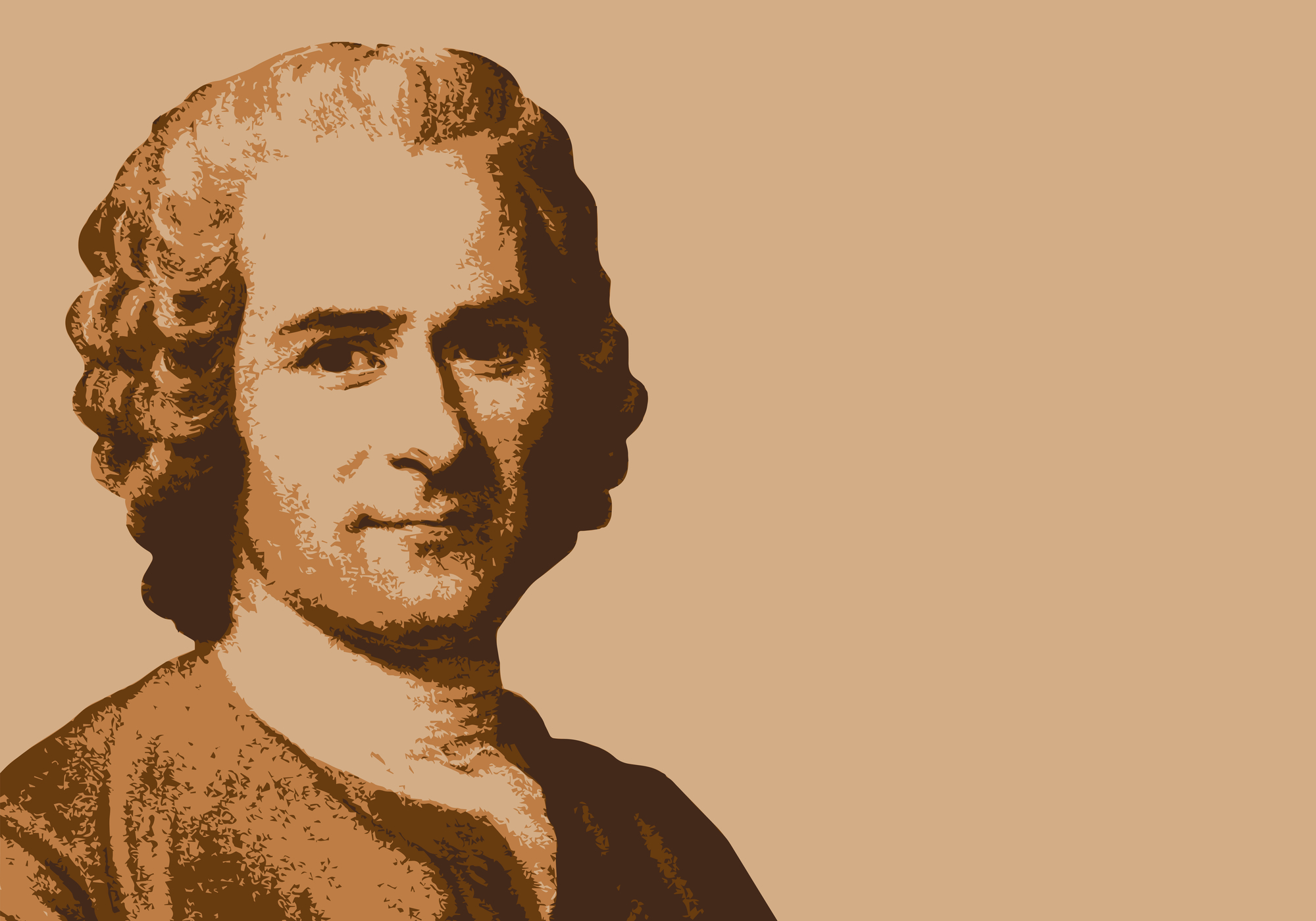Deep Reading with Rousseau
By Alice Temnick
In this episode of EconTalk, host Russ Roberts welcomes back philosopher and professor Leon Kass, to delve into the complex thoughts of Jean-Jacques Rousseau. It’s more than a discussion about Rousseau’s profound influence on Western philosophy. It is an opportunity to witness the art of deep reading as these two colleagues of Shalem College model the untangling a short excerpt of Jean Jacques Rousseau’s Discourse on the Origin and Foundations of Inequality among Men (trans. by Roger Masters).

Their conversation navigates through Rousseau’s life, his insights on human nature, and the evolution of his thoughts on inequality. As Kass and Roberts explore Rousseau’s ideas, they reflect on the implications for modern society, questioning whether advancements in civilization have indeed led to greater happiness or if they have, instead, led us to new forms of discontent. We hope you will share your thoughts as you watch, listen, and perhaps read along from your copy of the Discourse.
1- How does Rousseau define inequality in the context of human society, and what are the implications of his view on contemporary society?
2- In what ways does Rousseau’s distinction between true needs and mere wants challenge our understanding of consumerism and materialism in modern life? Adam Smith talks about our pursuit of gadgets in The Theory of Moral Sentiments. Do you agree with Roberts that it is primarily the beauty of things that seduces us?
3- How does Rousseau’s exploration of love and jealousy reveal deeper insights into human relationships, and what lessons can we take from this in terms of personal and societal dynamics?
4- What does Rousseau suggest about the relationship between social interactions and the development of moral responsibilities, and how can this understanding inform our behavior in today’s society?
5- Given Rousseau’s assertion that civilization may corrupt our happiness, how can we reconcile the benefits of modern advancements with the potential costs to our emotional well-being? Do you believe that our opportunity for happiness has diminished?

